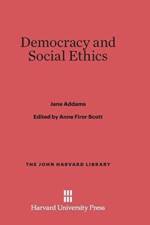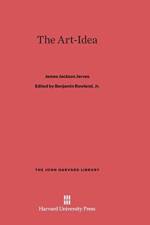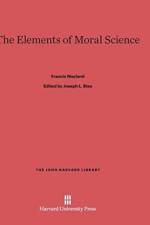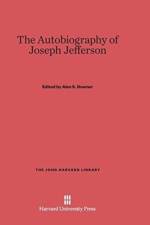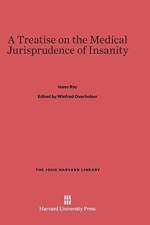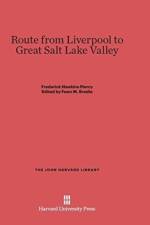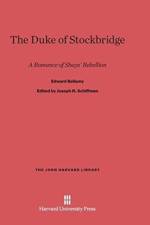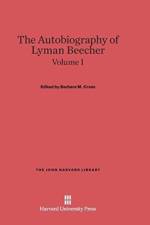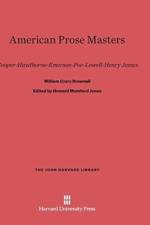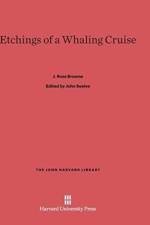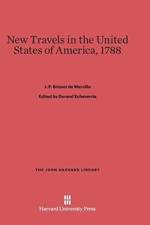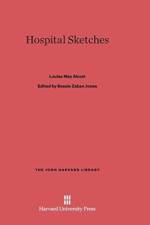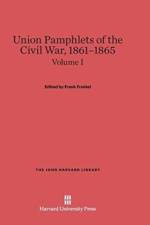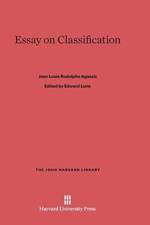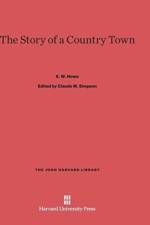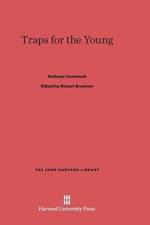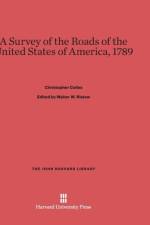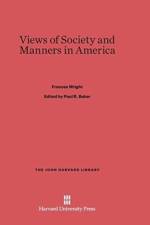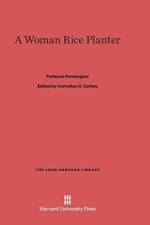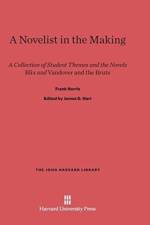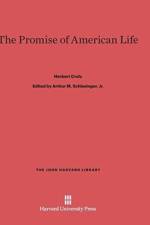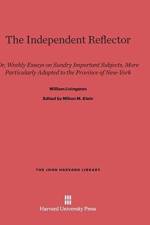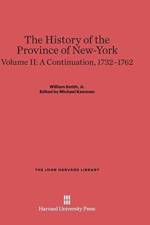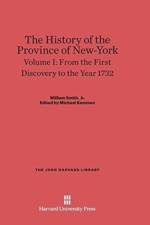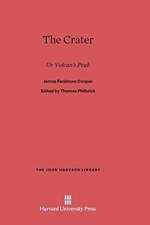von William Crary Brownell
48,00 €
Purchase of this book includes free trial access to www.million-books.com where you can read more than a million books for free. This is an OCR edition with typos. Excerpt from book: detached stand-point. It would be idle to pretend that he interpreted New England types with the intimate appreciation of Hawthorne. On the other hand, his detachment being more complete, his portrayal of them often gives them the relief which can only be brought out by the colorless white light of cold impartiality. Occasionally, without doubt, he satirizes rather than depicts them?though more rarely than his heavy touch leads the reader to imagine. But from Wing-and-Wing to Satanstoe the New England contingent of his company of characters is portrayed with a searching and self-justifying veracity, at least as to its essential features; and, as was his habit, discriminatingly portrayed. Ithuel Bolt is certainly one of the notable characters of fiction, and yet he could no more have been born and developed outside of New England than Leatherstocking could have .hailed from Massachusetts. If the Rev. Meek Wolfe in The Wept of Wish-ton-Wish is a caricature, he is fully offset by the fine portrait of the Puritan head of the household. It is difficult now to recall the New England of Cooper's day. Never, perhaps, in the world's history was so much and so wide-spread mental activity so intimately associated with such extreme provinciality. For a miniature portrait of it consult the first pages of Lowell's essay on Thoreau. At present we need to have the eminence of the section recalled to us. Professor Barrett Wendell's engaging Literary History, in which he not only limits American literature ofmuch value to New England, but even tucks it into the confines of Harvard College, is an interesting reminder of days that seem curiously distant. Between 1825 and 1850, at all events, New England, always the apex, had become also the incubus of our civilization, and called loudly fo...

